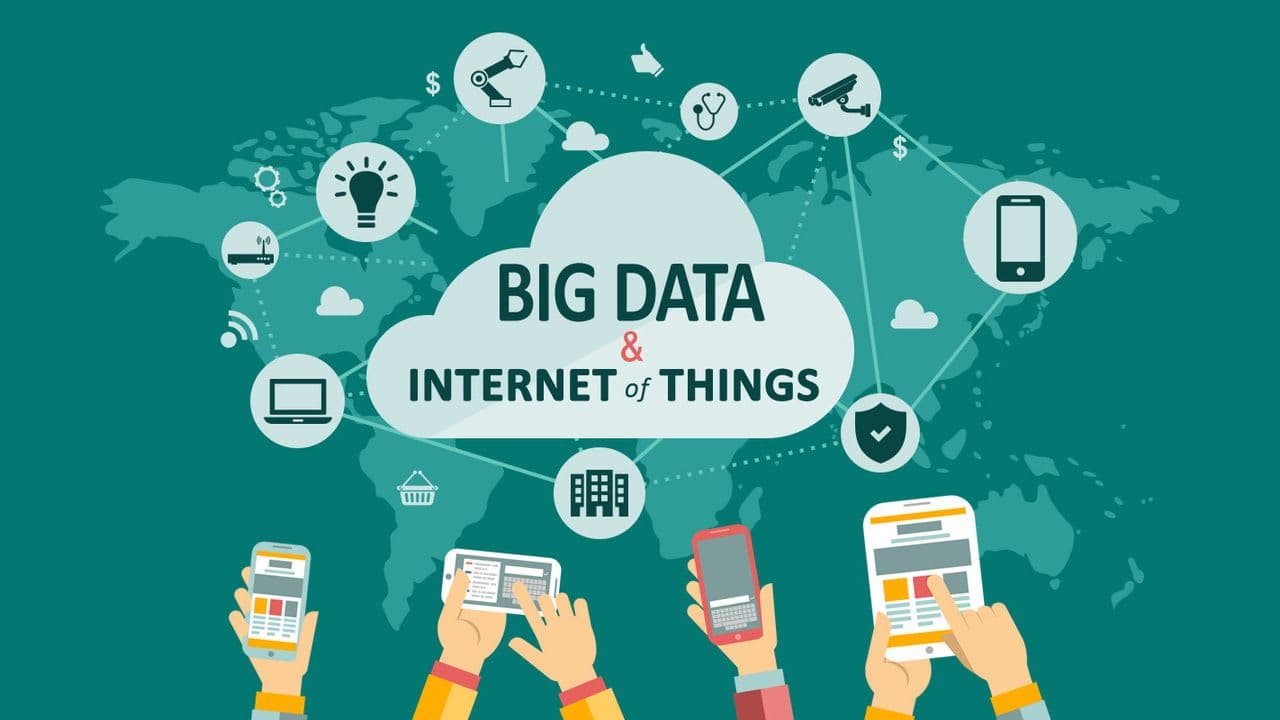How is IoT Related to Big Data Analytics?
Big Data Quotes of the Week: August 3, 2012
“Data is no longer a convenience, it is no longer an asset we need to keep clean and tidy. It is in fact a factor of production. It is essential to the way we deliver our goods and services to our markets of choice”—Marc Demarest
“The benefits of [big data] are kind of suspect. There are very narrow use cases … the poster children of this revolution tend to be social media companies, Web companies, getting you to buy stuff by clicking on things…”—Mark Madsen
“What’s really driving so-called big data isn’t the volume of information. It turns out big data doesn’t have to be all that big. Rather, it’s about a reconsideration of the fundamental economics of analyzing data”—Alistair Croll
“I think that casting statistics as the enemy of data science is a straw man play. The truth is, an earnest, well-trained and careful statistician in a data scientist role would adapt very quickly to it and flourish as well, if he or she could learn to stomach the business-speak and hype (which changes depending on the role, and for certain data science jobs is really not a big part of it, but for others may be)”–Cathy O’Neil
Data scientists have a responsibility not just to produce accurate models, but to make sure their models are accurately interpreted… The scariest thing about data science is if the results are misinterpreted to justify actions that they were never meant to support”– Margit Zwemer, Kaggle
“One of the reasons why we partnered [to create the Twitter Political Index] with [real-time social search and sentiment analysis] Topsy was because a secondary goal was to boost the ecosystem around big Twitter data. To demonstrate the data was big enough, and show that it was available via existing entirely publicly available data”—Adam Sharp
“If users can’t find the data they need, they won’t be able to run the analytics the business needs. The most effective way to assure that users can locate the data they want is to scrupulously apply metadata in your analytics environment”—Ifran Kahn, Sybase
“In terms of demonstrating the power of big data… [the study] actually uncovered an entirely new insight into the sociology of bullying. Not only are there the long-known roles of bully, victim, accuser and defender, but the researchers found that on social media, at least, there’s also the reporter. That’s someone who witnessed or heard about a bullying incident, but wasn’t involved, yet still commented on it”—Derrick Harris
“The current system is using a tank when you really need a sniper. We are providing that sniper solution…. Our system with an amazing recruiter is going to give you great dividends”–Sheeroy Desai, Gild [a big data startup] exploring what makes a successful hire. Instead of placing the emphasis on where a candidate went to school, or what company he worked for in the past, Gild places emphasis on such information as coding experience and involvement in the open source community when hiring programmers.
“Big Data can be seen as a clash between the irresistible force – the omnipresent and growing flood of new data – and the immovable object, which is time”—Rob Peglar, EMC
“If only a handful of people can really take advantage of Big Data, it more or less defeats the purpose of making the investment in the first place”–George Mathew, Alteryx
”Big Data integration can help improve the field of customer experience management by allowing you to ask and answer bigger questions about customers. Additionally, integrating disparate data sources with customer feedback is a great way to support cross-departmental collaboration on customer research. Finally, Big Data will allow us to develop and use predictive models of real loyalty behaviors and financial outcomes instead of just self-reported loyalty behaviors. The value of your CEM program to your company and, perhaps your career, will improve greatly when the program can be linked to real, measureable financial outcomes—Bob Hayes, TCELab
“Recently on Twitter, Daragh O Brien and I discussed his proposed concept. ‘After Big Data,’ Daragh tweeted, ‘we will inevitably begin to see the rise of MOData as organizations seek to grab larger chunks of data and digest it. What is MOData? It’s MO’Data, as in MOre Data. Or Morbidly Obese Data. Only good data quality and data governance will determine which.’ Daragh asked if MO’Data will be the Big Data Killer. I said only if MO’Data doesn’t include MO’BusinessInsight, MO’DataQuality, and MO’DataPrivacy”—Jim Harris
